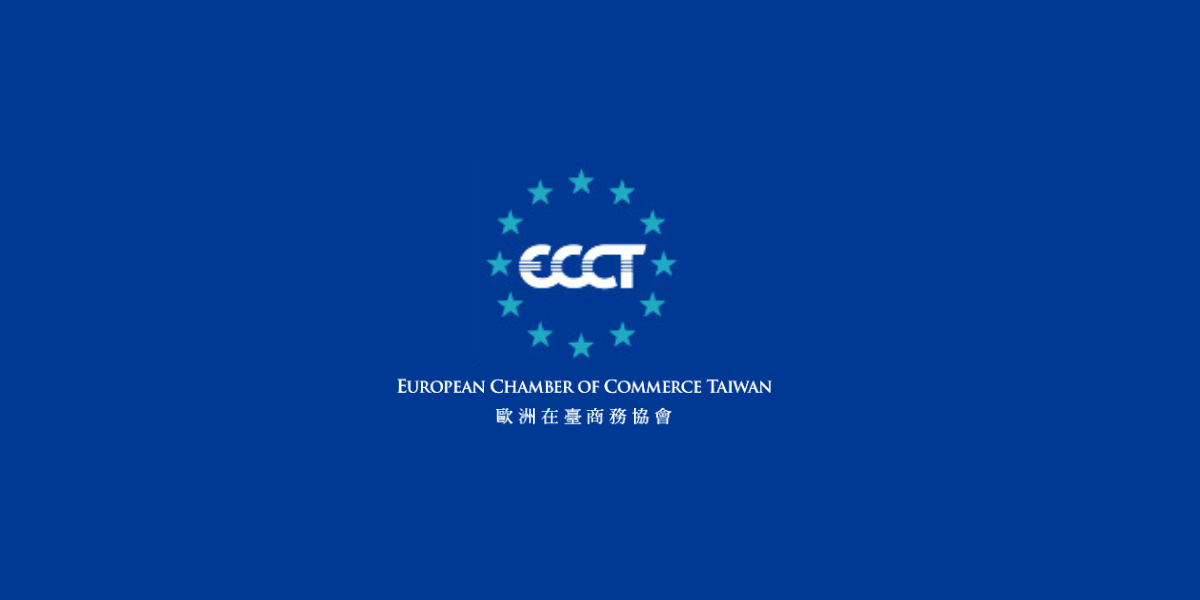Carbon Market Dialogue

Carbon Market Dialogue

The ECCT's Low Carbon Initiative (LCI), in cooperation with PwC, hosted a carbon market dialogue forum, analysing best practices for businesses in response to carbon trade and fees in Taiwan. In a series of presentations, guest speakers offered insights and practical guidance to help businesses navigate the challenges of reporting and achieving their carbon neutrality goals. The event began with opening remarks by Wu Chen-Hua (吳振華), Director of the Sustainable Development Division of the Industrial Development Administration, under the Ministry of Economic Affairs, Tsai Yi-Tai (蔡亦臺), Partner at PwC Taiwan, and ECCT CEO Freddie Höglund. This was followed by presentations by Andrew Lee (李宗哲), Director at PwC Taiwan; Joshua Tien (田建中), CEO of the Taiwan Carbon Solution Exchange (TCX) and Kenny Liu (劉彥均), Manager of the Strategy & Sustainability Business of Schneider Electric. The event concluded with a panel discussion with the speakers moderated by Tsai Yi-Tai.
In his presentation, Andrew Lee began by noting that three new draft regulations to the Climate Change Response Act (CCRA) were announced on 29 April by the Ministry of Environment (MOENV). One is related to collecting carbon fees, one to managing a voluntary emissions reduction programme, and one on how carbon reduction goals should be set for companies subject to carbon fees. According to the law, entities that emit more than the equivalent of 25,000 metric tons of carbon emissions a year will have to pay carbon fees starting in 2025 (based on their emissions in 2024), with the threshold being lowered over time, to 15,000 and later 10,000 metric tons by 2030. The MOENV has emphasised that the primary goal of the carbon fee system is to incentivize reductions rather than generate fiscal revenue. The draft regulations will serve as important guidelines for fee payers, helping them to plan their carbon reduction measures and pathways towards Taiwan's 2050 net-zero target. There is a 60-day public consultation period for these regulations, during which the MOENV will engage in dialogue to build consensus among all stakeholders.
According to statistics cited by Lee, the global decarbonization progress is falling behind schedule. While carbon intensity has fallen by 2.5% over the past two decades, the global decarbonization rate must accelerate to 17.2% every year from now until by 2050 to limit global warming to 1.5°C. To date, 136 countries around the world have proposed net zero goals (accounting for 83% of global emissions), while some other countries have proposed preliminary ideas for net-zero goals, but have not yet officially announced them. Taiwan has enshrined its net zero goal into law through the CCRA. Given that many Taiwanese companies are suppliers to global brands, they are under urgent pressure to reduce emissions, which is a more urgent motivation than the government's requirements.

(From left)Tsai Yi-Tai (蔡亦臺), Partner of PwC Taiwan|Wu Chen-Hua (吳振華), Director of Sustainable
Development Division, Industrial Development Administration, MOEA|Freddie Hoeglund, ECCT CEO


Expand your horizons with a paid view:
- Get an exclusive sneak peek at the latest chapter updates.
- Purchase your first magazine NOW!
Already a member? Click here to log in

The European Chamber of Commerce Taiwan, ECCT
The European Chamber of Commerce Taiwan (ECCT) actively engages with the government and other organizations to provide a platform for exchange, assisting European enterprises in Taiwan to build networks and develop business opportunities. ECCT offers recommendations on key industry issues and maintains communication with various levels of government and local business organizations. Regardless of political stance, ECCT keeps close ties with European trade offices, the European Economic and Trade Office in Taipei, and the European Commission in Brussels, promoting open competition and free trade, and advancing international business standards and corporate ethics. ECCT organizes events to enhance community interaction, encourages enterprises to fulfill their social responsibilities, and promotes the concept of sustainable environmental management, ensuring the success of European businesses in Taiwan.
More related articles
